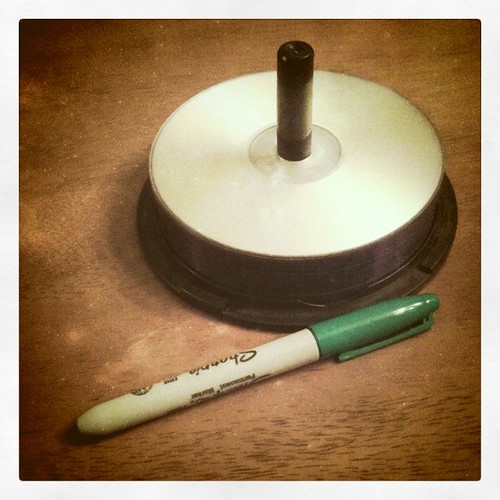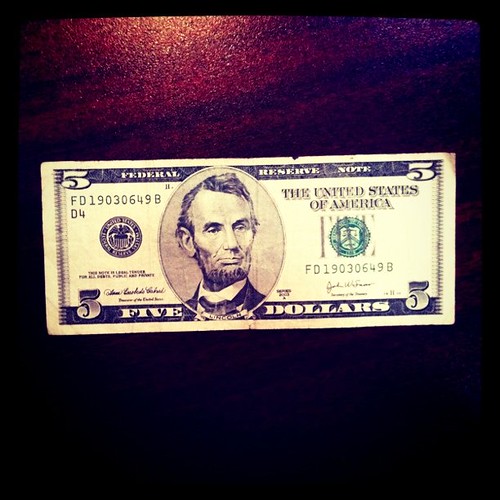Thanks to the work of NSAI, there is hope for a brighter tomorrow in the world of publishing. If this act gets passed through Congress, we would be looking at a greater revenue stream and ultimately more publishing deals. Please take a couple minutes to:
1. Find your local representative by clicking HERE.
2. Send them this letter:
Dear (Insert your Congressman's name here):
I am a songwriter/composer writing to encourage you to sponsor and support The Stop Online Piracy Act (H.R. 3261).
Over the past decade, Internet music piracy has decimated the American music industry and wrought particular devastation on the profession of songwriter/composer. As many as 90% of our country’s professional songwriters and composers are no longer able to earn a full-time royalty income for one simple reason – Internet music piracy. Royalties have shrunk dramatically and so have the creative opportunities for songwriters and composers.
The legislation will allow removal of rogue websites whose primary activity is based on piracy. Many of the sites are located in the former Soviet Union and distribute copyrighted material with no compensation whatsoever. In many instances the sites are simply criminal enterprises which operate with no fear of reprisal.
America is losing tens of billions of dollars each year due to Internet piracy of movies, music and other copyrighted American creations. This legislation will help reverse a trend that sees billions of copyrighted files (music, movies, television shows and other copyrighted works) being illegally distributed each month.
The bill also increases criminal penalties for individuals who traffic in counterfeit medicine and military goods, which put innocent civilians and American soldiers at risk. And it improves coordination between IP enforcement agencies in the U.S.
(Insert a personal message or example about how piracy has impacted your career or opportunities if you wish.)
We need your help and support.
Sincerely,
NAME
ADDRESS
------
Would you or someone you know like to go on a songwriting retreat with industry professionals? Visit SongbirdCamp.com for more details!
Showing posts with label Royalties. Show all posts
Showing posts with label Royalties. Show all posts
Monday, November 7, 2011
Wednesday, March 16, 2011
What Does a P.R.O. Do?
 When I came to town to perform and write, I had someone ask me which P.R.O. I belonged to. I had no answer, because, not only was I not affiliated with any of them, I didn't even know what one was.
When I came to town to perform and write, I had someone ask me which P.R.O. I belonged to. I had no answer, because, not only was I not affiliated with any of them, I didn't even know what one was.When you hear people talk about a "P.R.O.," they are referring to a Performing Rights Organization. The three major P.R.O.s in the United States are:
ASCAP
BMI
SESAC
And in Canada:
SOCAN
The job of a P.R.O. is to track, collect and distribute performance royalties from radio, television and live performances. They all accomplish the same work, and are one of the songwriter's best friends and biggest advocates. They write the big checks we all dream of finding in our mailbox one day.
The decision of which P.R.O. to join is based less on hard facts than it is a gut feeling. I've heard of two co-writers initially getting paid different amounts by their different P.R.O.s for writing the same song, but the amounts evened out over the long term. The best advice I ever heard when making my decision was to go wherever I felt the most welcome and had the strongest relationships. You need to go where they know your name and are familiar with what you do. I know songwriters at all three American P.R.O.s who are equally happy where they are (you can only join one at a time, but are able to switch over time if so desired).
I actually ended up meeting my publisher and signing my deal directly through my P.R.O. and the people I knew there. But more on that later...
Keep writing (and contact a P.R.O. if you haven't already),
Ben
Labels:
ASCAP,
BMI,
Music Business,
Performing Rights Organization,
PRO,
Publisher,
Royalties,
SESAC,
SOCAN
Saturday, January 15, 2011
What Does a Publisher Do?
 From my experience, here are some aspects of what a publisher does:
From my experience, here are some aspects of what a publisher does: 1. Pays a salary in the form of an advance, allowing me to not have to work another jobAs a songwriter, you aren’t necessarily trying to prove to a publisher that you have written the best song in the world, rather that you have all the potential to write the best song in the world. It’s as if the beginning songwriter is a young apple tree and, though it may not provide the best fruit quite yet, with the proper care and growth it can soon produce bountifully.
2. Provides valuable feedback on songs
3. Sets up co-writes
4. Takes care of legal copyright registration
5. Fronts the money for demo sessions
6. Acts as a communication buffer
7. Validates a songwriter as a professional
8. Provides a space for co-writing
It's important to remember, however, that you don't need to have a songwriting deal with a publisher to be a great songwriter. It just allows you to write songs from nine to five, rather than before or after your nine to five.
For more information on publishers, check out All You Need to Know About the Music Business (see Reading tab above).
Keep writing,
Ben
Labels:
Advance,
Publisher,
Relationship,
Royalties,
Songwriting
Tuesday, January 11, 2011
BMI Live

Today BMI launched a new program that allows songwriters to report their own live performances. Read about it here.
Keep writing,
Ben
Thursday, January 6, 2011
The Journey of a Song
 Between the songwriter’s pen to the listener’s ear, there are a handful of steps that the song must take along the business path. Here is a basic estimated unfolding of events in the journey of a song once it is written (with estimated length of time in parentheses):
Between the songwriter’s pen to the listener’s ear, there are a handful of steps that the song must take along the business path. Here is a basic estimated unfolding of events in the journey of a song once it is written (with estimated length of time in parentheses):1. Song is turned into publisher
2. Song is demoed (three months later)
3. Publisher pitches song to artists/labels/managers around town (six months)
4. Artist decides to record song (three months)
5. Album gets mixed and label promotes upcoming release (six months)
6. Album is release, and publisher and songwriter look forward to royalties (six-nine months)
Yesterday my publisher said to me and my co-writer, "You can kick off 2011 by writing something that will make you money in 2012 or 2013!" He was jokingly serious. Or seriously joking. Sort of. If you add up the months in parentheses, you get about two years.
For example, I co-wrote songs over two years ago that are just now on the Mosaic album (leaving me at step 6). Making money in song publishing is a long-term investment for both the publisher and the songwriter. Both are players in the waiting game, and expecting things to happen too quickly can only bring disappointment.
But this should not be a daunting reality to the songwriter. The long period of time can serve as a reminder that it doesn't necessarily pay off to try to simulate what is currently on the radio. A good song written today will certainly stand two years from now, regardless of what the top 40 landscape may look like.
Keep writing,
Ben
Labels:
Journey of a Song,
Mindset,
Music Business,
Publisher,
Royalties,
Slow,
Songwriting,
Timeless
Subscribe to:
Posts (Atom)
